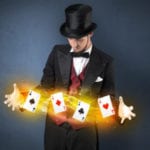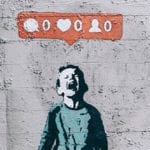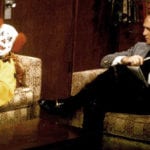 Weird Stuff
Weird Stuff  Weird Stuff
Weird Stuff  Crime
Crime The 10 Most Infamous Gangs in History
 Miscellaneous
Miscellaneous Ten Groundbreaking Tattoos with Fascinating Backstories
 Our World
Our World 10 Green Practices That Actually Make a Difference
 Humans
Humans Ten Historic Men Who Deserve Way More Credit Than They Got
 Movies and TV
Movies and TV The 10 Most Heartwarming Moments in Pixar Films
 Travel
Travel Top 10 Religious Architectural Marvels
 Creepy
Creepy 10 Haunted Places in Alabama
 History
History Top 10 Tragic Facts about England’s 9 Days Queen
 Food
Food 10 Weird Foods Inspired by Your Favorite Movies
 Weird Stuff
Weird Stuff The 10 Weirdest Materials That Can Be Used to Make Paper
 Crime
Crime The 10 Most Infamous Gangs in History
 Miscellaneous
Miscellaneous Ten Groundbreaking Tattoos with Fascinating Backstories
Who's Behind Listverse?

Jamie Frater
Head Editor
Jamie founded Listverse due to an insatiable desire to share fascinating, obscure, and bizarre facts. He has been a guest speaker on numerous national radio and television stations and is a five time published author.
More About Us Our World
Our World 10 Green Practices That Actually Make a Difference
 Humans
Humans Ten Historic Men Who Deserve Way More Credit Than They Got
 Movies and TV
Movies and TV The 10 Most Heartwarming Moments in Pixar Films
 Travel
Travel Top 10 Religious Architectural Marvels
 Creepy
Creepy 10 Haunted Places in Alabama
 History
History Top 10 Tragic Facts about England’s 9 Days Queen
 Food
Food 10 Weird Foods Inspired by Your Favorite Movies
10 Ways Magic Tricks Your Brain
We all like magic and more importantly we all like to think we can work out magic tricks if we really want to. But as it turns out, even a simple card trick utilizes neuro-scientific principles to trick our brain in ways that we usually can’t consciously control. So what exactly is wrong with our brain? Well nothing really, but years of evolution has left it with traits that leave it wide open to be duped by magic. For example . . .
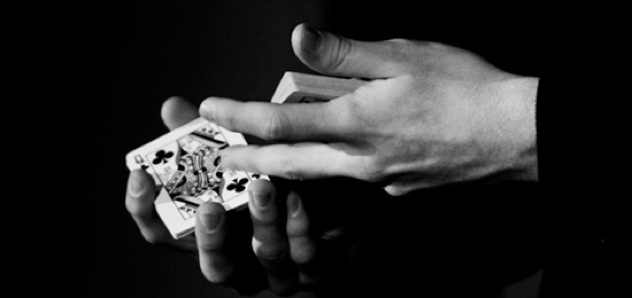
Multi tasking is a myth, the human brain simply wasn’t designed to focus on two things at once and magicians take full advantage. Our attention is pulled to one thing in particular due to the ‘moving-spotlight‘ theory. In short, the theory says that our attention is like a spotlight, highlighting one thing while leaving what surrounds it in the dark. When an item or action is within the spotlight the parts of the brain involved in processing it work more efficiently, but anything beyond the spotlight is barely processed at all, at least not by our conscious mind. This allows magicians to pull a sleight of hand right under our noses, as long as something else is drawing our spotlight what happens beyond it, to our brain isn’t happening at all.
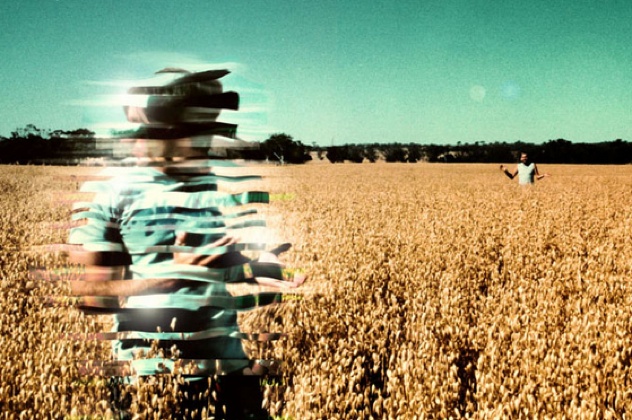
The ‘misinformation effect’ occurs when information we are given after an event alters our memory of it. For example, a magician asks you to choose a card from the left side of the deck and return it without telling him. Before the razzle-dazzle where he guesses your card he may say something like ‘Now you chose any card you wanted, correct?’ And in the heat of the moment you will say you did. The truth is you were only given the option of the left side of the deck, but the ambiguous comments from the magician alters how you remember the trick, leaving you with a false memory making the trick seem perhaps more incredible than it was.

When you see a ball get thrown in the air, it comes back down. You’ve a seen it a million times. You know that what comes up must come down and so does your brain. In fact because of something called the ‘Memory-prediction framework’ our brain sometimes remembers certain actions so well, it stops paying close attention because it predicts how they will end. When a ball gets thrown in the air our brain instantaneously recalls memories of similar events and produces an idea of what’s going to happen next, but sometimes it’s wrong. When a magician puts a ball in a cup only to have it disappear when the cup is lifted, we are shocked because what our brain predicted didn’t come true. Our brains often feed us a prediction and convinces us we saw it happen, which leaves us even more shocked when the predicted action didn’t happen at all.

When we ‘pick a card, any card’ we are very rarely picking at random, no matter what it seems. It is usually the magician choosing for us, only without our knowledge. In many card tricks the card we apparently choose is ‘forced’ meaning the magician did something, mental or physical, to make us choose exactly what they wanted us to. But our brain will often over look or deny this as an option, in favor of free choice. Our brain simply does not want to believe it was forced and will often omit facts that may indicate that it was, instead jumping fully into the false idea that all choices were all our own.
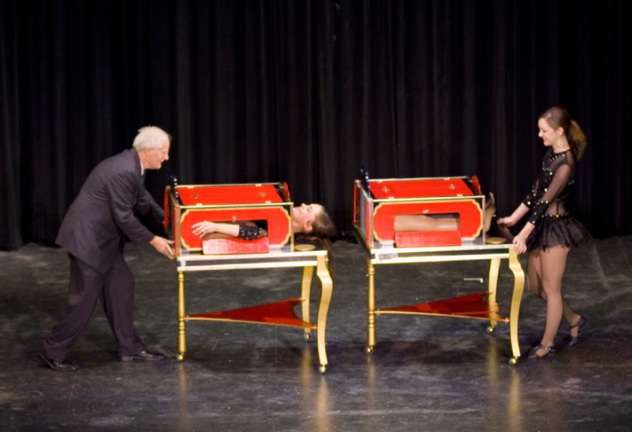
The ‘woman sawed in half trick’ is old enough that most people know the secret. The head we see in one end of the box doesn’t belong to the legs we see at the other. But our brain insists and assumes it does, why? Because our brain is a sucker for continuity. When it sees a head in rough alignment with a set of legs it uses past experience to fill in the blank and tell us that obviously a torso exists between those two body parts. In many magic tricks an object is partially covered, and our brain uses what it CAN see to continue the image and fill in the blank, of course that is exactly what the magician wants.
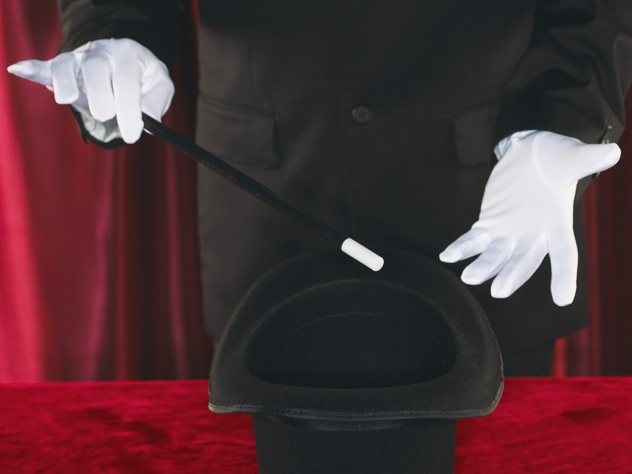
Quick, look out the window. What did you see? Now look again, has anything changed? If the first time all you saw was your backyard and the second time there was a tiger, well you’re probably going to notice. But what if that bird perched in the tree moved slightly? What if a plant had moved in the wind? Our brains are susceptible to something called ‘change-blindness’ basically meaning that it’s actually quite bad at immediately detecting small changes. Its not necessarily that we don’t see them, but more that our brains have trained themselves not to worry about changes that won’t greatly affect us and as a result, if we aren’t very specifically focusing on something we’ll rarely register it consciously. Obviously magicians can utilize this to the extreme, we never notice small changes in what’s going on until the magician directs our focus to it.
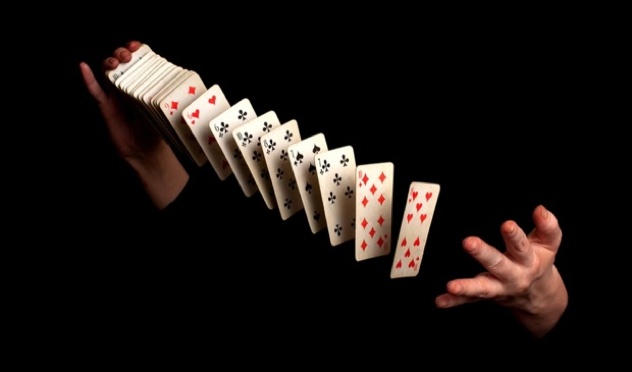
Our Brain insists we have free will, and it also insists that it’s always right. Due to something called ‘Cognitive Dissonance’ our brain will make up excuses to rationalize events, even if it means you are going against what you thought or felt only minutes earlier. Our brain will force us to justify events if they don’t go how we expected. Magicians present a reality that doesn’t obey the idea of reality your brain is used to seeing. This creates a cognitive dissonance and a point is eventually reached where, no matter how hard it tries, your brain cannot rationalize the events it’s just seen. Our brain is used to rationalizing events after they occur, magic creates a situation which can’t exist and that leads to the unique sense of astonishment we feel.
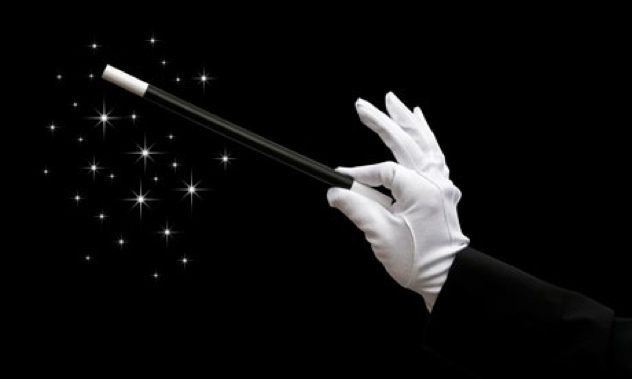
You’ve probably seen any number of internet illusions where you stare at a black image then stare at a white wall to find the image still exists in your vision. That’s called an after-image and it’s really your brain seeing something for a short time after its gone. A magician can use this when switching an item from hand to hand, to your brain a coin may appear to be in one hand slightly longer than it was due to an after image, which gives the magician a fraction of a second longer to make the switch. A magician might even use an after image to remove your watch. Squeezing your wrist can leave an ‘after image’ feeling, leading your brain to believe your watch is still there even after it has been expertly removed.
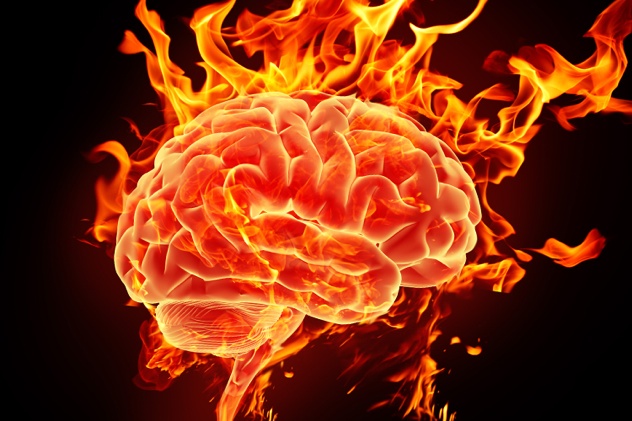
Simply speaking, when your brain sees something new, fast and exciting it is helpless not to take notice. Due to ‘exogenous attentional capture’ your brain will always be drawn to something new that it has trouble predicting. A dove erratically flying from a hat will have the attention of you almost immediately as your brain takes at least a few seconds to process the event and asses its importance. Even a fast, curving hand movement will draw more attention than a slow straight one, magicians know this and will use exciting actions that your brain can’t help but look at.
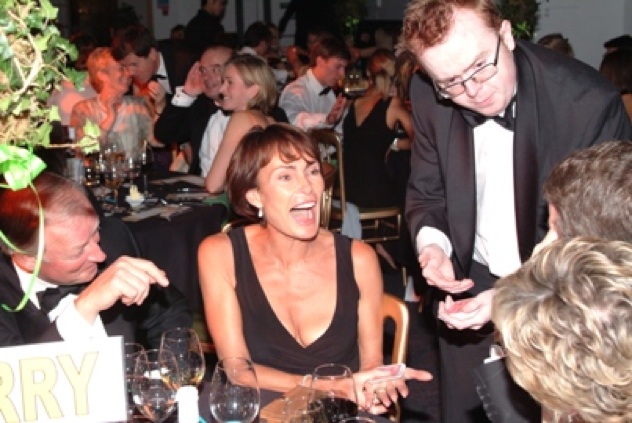
Many magicians use humor in their acts in an attempt to charm their audience into submission. But this charm and charisma is actually having a chemical affect on your brain. It’s possible that the simple act of laughing with (or at) the magician’s terrible puns releases Oxytocin, the bonding hormone. Which makes acts of cooperation and social interaction feel good. Oxytocin release means you are less likely to be critical of the tricks you’re watching and even more likely to miss sleights of hand as you’re attention will be drawn to the magicians face. So everything, even the terrible puns are part of the trick.
Scott tweets @frigginboom. He also films himself.
